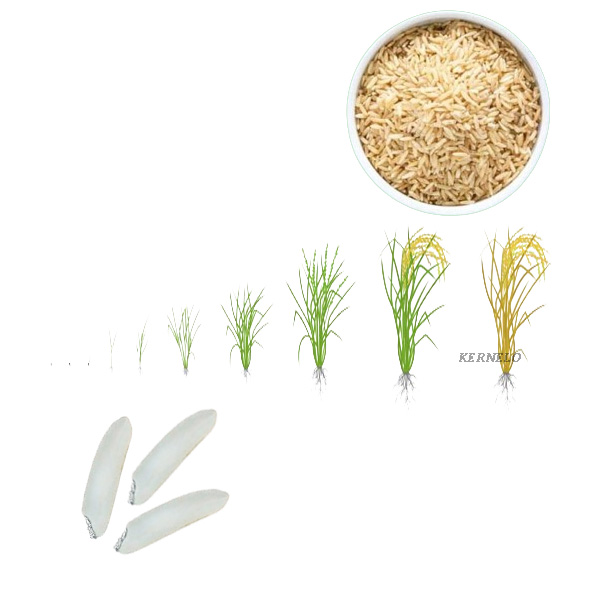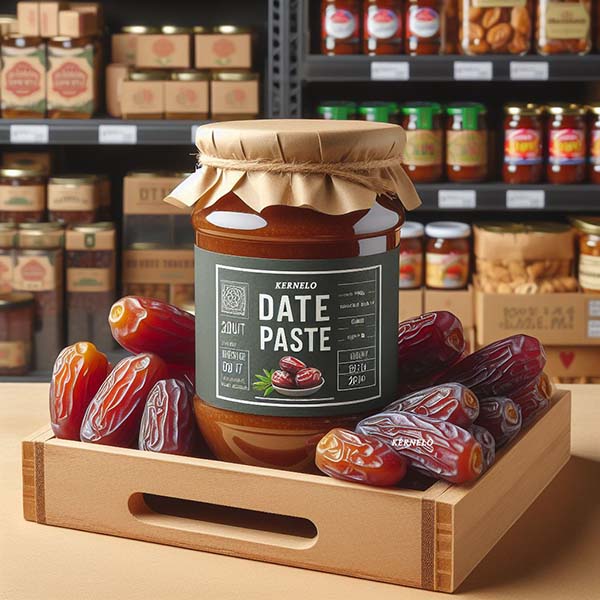Canadian Pulses

Why Date Sugar?
April 29, 2024
Benefits of Saffron
June 3, 2024Canadian Pulses
Global agriculture and nutrition are fundamentally based on pulses, which are the edible seeds of plants belonging to the legume family. Pulses including lentils, peas, beans, and chickpeas are now a staple of the Canadian agricultural scene. Pulses from Canada are gaining popularity both locally and abroad because of their adaptability, health advantages, and sustainability. The Canadian economy is significantly influenced by the pulse industry. Canada as a one of top pulses supplier exports these products to Over 150 nations around the world, such as Europe, China, and India being the main markets. Across the nation, the industry sustains rural communities and creates jobs. Because of their exceptional quality, Canadian pulses are in great demand around the globe.
Although Saskatchewan, Alberta, and Manitoba are the leading producers of pulses in Canada, British Columbia, Ontario, and Quebec are also significant contributors to the cultivation of these essential commodities. The distinct soil and climate of each province add to Canada’s overall performance as a world leader in the production of pulses. The provinces of Canada, whether it is the vast grasslands of Saskatchewan or the bountiful crops of Ontario, work together to guarantee a strong and varied pulse.
Canadian pulses are a shining example of sustainable agriculture and a nutritious powerhouse. They are a staple of diets all around the world because of their great range of types, health benefits, and environmental advantages.
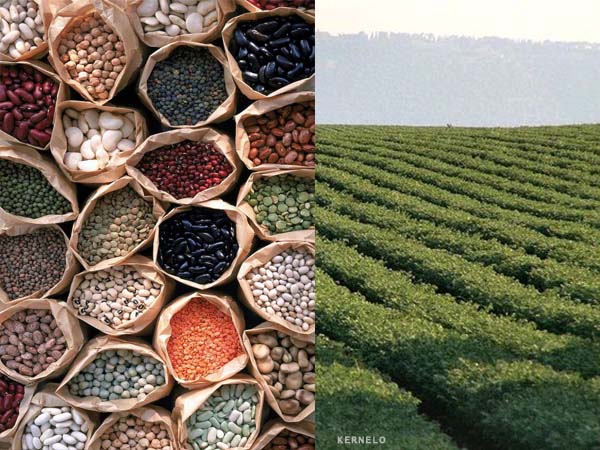
Types of Canadian pulses:
One of the top producers and exporters of pulses worldwide is Canada. Some of the main varieties of pulses farmed in Canada are as follows:
Lentils: Canada leads the world in both production and exports of lentils. The most popular types consist of:
Green lentils: are frequently used in soups and salads because of their strong texture and peppery taste.
Red lentils: Because of their mild, sweet flavor, these lentils cook rapidly and are used in purees, soups, and stews.
Peas: Green and yellow peas are grown in Canada.
Green peas: These somewhat sweet peas are usually used in soups.
Yellow Peas: They have a mellow, earthy flavor and are frequently used to make split pea soup.
Garbanzo beans: also referred to as chickpeas, are becoming more and more well-liked because of its application in salads and hummus.
Larger, cream-colored kabbuli chickpeas are frequently used in dips and salads.
Desi chickpeas: Used in traditional South Asian cuisines, these beans are darker and smaller.
Beans: Canada is home to a wide variety of beans, including:
Navy beans are tiny, white beans that are frequently used in soups and baked beans.
Pinto beans, a popular bean in Mexican cooking, are beige with dark striations.
Black beans are frequently utilized in Latin American cuisine because of their sweet flavor and thick texture.
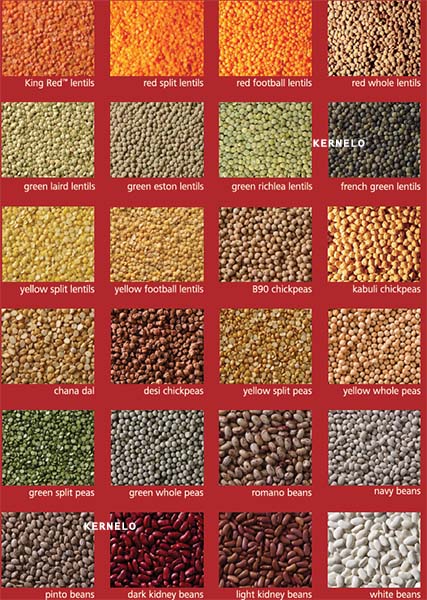
Benefits and Nutrition facts:
Pulses are praised for having an outstanding nutritional profile, which makes them an essential part of a balanced diet:
High in Protein: Vegetarians and vegans will find pulses to be a great source of plant-based protein.
High in Fibre: They support gut health, facilitate digestion, and may assist with weight control.
Low in Fat: Pulses are heart-healthy since they are low in fat, especially saturated fat.
Packed with Micronutrients: Iron, magnesium, potassium, folate, and other important vitamins and minerals are all found in large amounts in pulses.
Low Glycemic Index: Pulses have a low glycemic index, which is advantageous for diabetics and helps control blood sugar levels.
Sustainability of the Environment:
Pulses are advantageous for the environment as well as for human health:
Fixation of Nitrogen: The special capacity of pulses to fix nitrogen in the soil lowers the demand for artificial fertilizers.
Water Efficiency: They are more sustainable since they use less water than other protein sources.
Low Carbon Footprint: When compared to animal-based protein sources, the production of pulses produces fewer greenhouse gas emissions.
Pulses Uses in Cooking:
Canadian pulses are so adaptable that they may be used in so many different recipes:
Lentils and peas are essential ingredients in hearty soups and stews.
Salads: Various beans and chickpeas provide salads structure and protein.
Baked Goods: Gluten-free baking uses pulse flours, including chickpea flour.
Snacks: Because of their crunch and nutritious content, roasted chickpeas and pea snacks are well-liked.
Main Courses: In dishes like lentil curries, bean burritos, or chickpea burgers, pulses may take center stage.
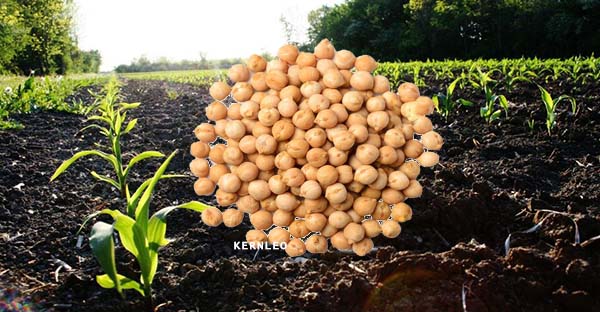
Why Canadian pulses:
When compared to pulses cultivated elsewhere in the globe, Canadian pulses have a number of benefits. These benefits result from Canada’s distinct growing environment, strict quality regulations, and environmentally friendly farming methods. The following are some main advantages:
Extensive Quality and Safety Guidelines
Strict laws: Strict quality control and food safety laws govern the production of Canadian pulses. Pulses are inspected and graded by the Canadian Food Inspection Agency (CFIA) to make sure they adhere to strict guidelines.
Superior Quality: Canadian pulses are renowned for their purity, consistency, and minimal contamination levels. International markets will always favor Canadian pulses because of their superior supply.
Ideal Conditions for Growth:
Fertile Soils: The prairie regions of Canada, particularly Saskatchewan, contain some of the world’s most fertile soils, which make them perfect for growing pulses.
Climate: Canada’s moderate climate, which features distinct seasons, supports the development of strong, nutritious pulse crops. For pulse crops, the long, bright days and cold nights during the growth season are especially favorable.
Durability:
Environmentally friendly: By using sustainable growing methods, Canadian pulse producers lessen their need on artificial fertilizers and pesticides. Because of pulses’ innate capacity to fix nitrogen in the soil, soil health is enhanced and greenhouse gas emissions are decreased.
Water Efficiency: Pulses are a sustainable agricultural option since they use less water than other crops, especially in areas where water conservation is essential.
Superior Nutrition:
Packed with vital elements such as protein, fiber, vitamins, and minerals, Canadian pulses offer a wealth of nutrients. They are a great option for vegetarians and vegans because of their high content of plant-based protein.
Low Glycemic Index: Pulses have a low glycemic index, which is advantageous for diabetics and helps control blood sugar levels.
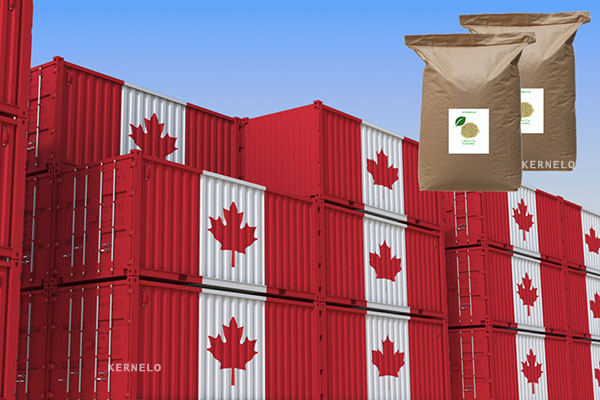
Financial Effects and Dependability:
Consistent Supply: A steady and dependable supply of pulses is guaranteed by Canada’s advanced agricultural infrastructure. The nation’s state-of-the-art transportation and logistics networks enable prompt delivery to international markets.
Economic Contribution: By sustaining rural communities and creating jobs, the pulse industry makes a major economic contribution to Canada. Pulses are a significant export from Canada that support improved commercial ties with other nations.
Investigation and Originality:
Cutting-Edge Research: Canada makes significant investments in agriculture innovation and research. Organizations such as the Crop Development Centre at the University of Saskatchewan strive to enhance disease resistance, maximize yields, and improve pulse varieties.
Innovation in Farming Practices: To increase productivity and sustainability in the production of pulses, Canadian farmers are implementing the newest agricultural technology and techniques, such as precision farming.
Various Kinds:
Variety of Pulses: To meet a wide range of gastronomic requirements and tastes, Canada produces a wide variety of pulses, such as lentils, peas, chickpeas, and beans. Increased flexibility and variety in the worldwide pulse market are made possible by this diversity.
Worldwide Credibility and Image:
Reputable Exporter: Canada’s superior agricultural goods are known across the world. In international trade, Canadian pulses are able to establish strong market positions due to their reputation as dependable and high-quality products.
Preferred by Importers: Canadian pulses are favored by importers and customers worldwide for their reliable quality and safety.
Packaging:
Pulses are packaged in a broad variety of ways depending on the target market, the mode of conveyance, and customer preferences.
Retails:
Polyethylene (PE) Bags , Paper Bags , Stand-Up Pouches , Laminated Bags
Wholesale:
Vacuum-Sealed Bags , Jute Bags , Woven Bags

Are you looking for a trusted all type of pulses exporter and supplier?
Please contact our team:
WhatsApp: +12369787140
info@nutsbazaar.ca



